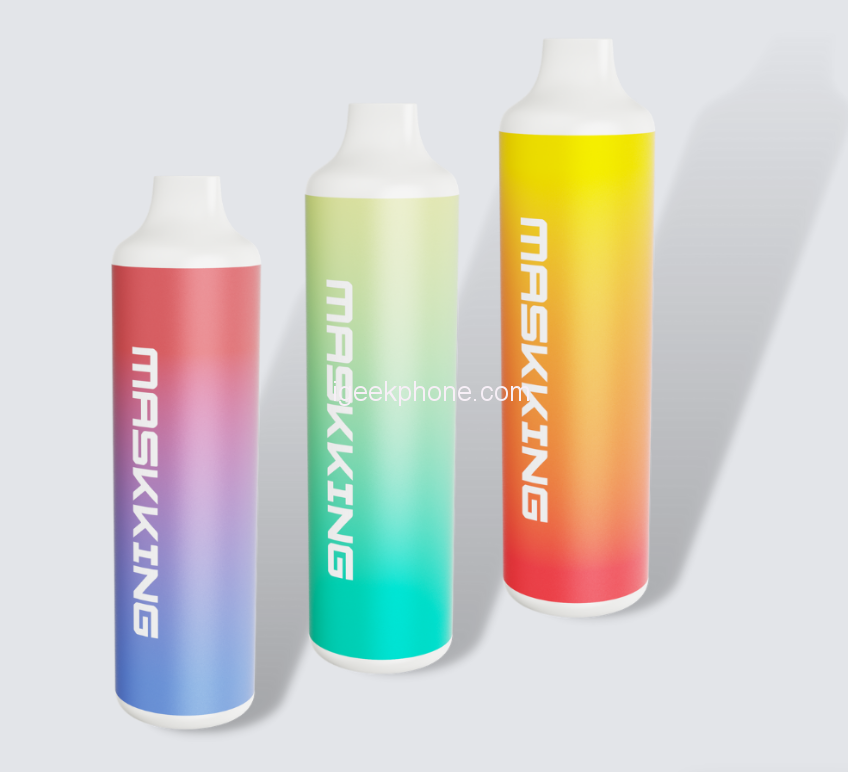The Chartered Trading Standards Institute (CTSI) has issued a statement on the widespread use of non-compliant e-cigarettes.
Non-compliant e-cigarettes are flooding the UK market and CTSI is concerned about the number of non-compliant e-cigarettes currently in circulation.
Current regulations stipulate that e-cigarettes are equipped with cartridges of no more than 2ml; Nicotine concentration should not exceed 20mg/ml; Its label displays manufacturer details and health warnings. Any illegal product containing more than these amounts of steam should not be sold to consumers.
While there are no definite health risks associated with the use of non-compliant e-cigarettes, the MHRA strongly advises consumers not to use them as the true contents are unknown, as well as any possible health risks.
Trading standards teams across the UK seized 1.4 tonnes of non-compliance sold by retailers.
Trading standards officers have worked tirelessly to try and crack down on illegal e-cigarettes, and currently retailers, there is a wider problem in the supply chain.
At the national level, the CTSI and trading standards teams urgently need support and clarification from the Government (DHSC).
Unregulated e-cigarettes and concerns about underage sales can snowball out of control.
At the moment we lack a national understanding of what is happening and local teams need support to help co-ordinate efforts.
The trading standards team is working hard to address non-compliance reports, but the laws we enforce within a spectrum are very fragmented.
From food standards to product safety issues. We need more boots to help enforce regulations and advise businesses.
About a third of stores are selling to people who are knowingly underage, according to sales, smart-guided test purchasing findings.
There is a public appeal to e-cigarettes as a lifestyle accessory, young people are not their target, and were originally developed for smoking cessation as a highly effective support tool.
E-cigarettes are also costly to dispose of. In Kent, for example, where the TS team seized 300,000 products at the local port, the authority will seek forfeiture fees, which will cost £240,000, but even at the low end it is £52.5m.
The trading standards team needs clearer guidance from government, including the Department of Homeland Security and relevant agencies.
We also need manufacturers to publish lot numbers of non-compliant products to tell retailers what they should not be selling.
We need more resources to support our enforcement efforts. A broader review of TRPR regulations is needed to ensure that they keep pace with product development and market changes.
We should explore restrictions to discourage young people from using e-cigarettes. This could include reducing the youth appeal of e-cigarettes, such as banning cartoon characters or garish packaging, restrictions on packaging colours and e-cigarettes on social media platforms such as TikTok.
Also, look at where the product is in the store — usually next to candy in smaller stores.
We should strengthen sanctions against producers, suppliers and retailers who do not comply with the law.
Costs incurred by local authorities for seizure and disposal of non-compliant products. These costs should not be borne by local people.
UKVIA echoed CTSI’s concerns about illegal e-cigarette sales
In light of the recent Chartered Trading Standards Institute (CTSI) statement on non-compliant e-cigarettes on the market, the UK e-cigarette Industry Association has issued the following response:
“We share CTSI’s concern about the growth in the sale of illegal and underage use of e-cigarette products and fully support their call for more resources.”
“We also wholeheartedly agree that restrictions need to be explored to address youth e-cigarette use without compromising adult smokers who wish to switch to e-cigarettes to quit smoking.”
That’s why we spearheaded the formation of a Youth Prevention task force to develop detailed proposals to deal with the situation, including:
Retailers found guilty of selling and selling illegal products to minors are subject to on-the-spot fines of up to £10,000 each time.
A national registration scheme for all retailers, which means that only stores that meet eligibility criteria can legally sell e-cigarettes.
A national test procurement program that would ensure ongoing monitoring of e-cigarette sales by retailers to ensure they do not turn a blind eye to purchases involving minors.
“The key to the success of our proposal will be stronger enforcement, which requires a significant investment in resources on the ground.”
Read Also: Xiaomi Mijia Wireless Washing Machine 2 Lite Released at 1,749 yuan,$257
“By Trading Standards’ own admission, there is a serious lack of resources and the government needs to step in and deal with the situation urgently. Our proposals are designed to support this need for funding, as money will be raised from fines and registration schemes. We will set out our recommendations to government and MPS at the end of March.”










